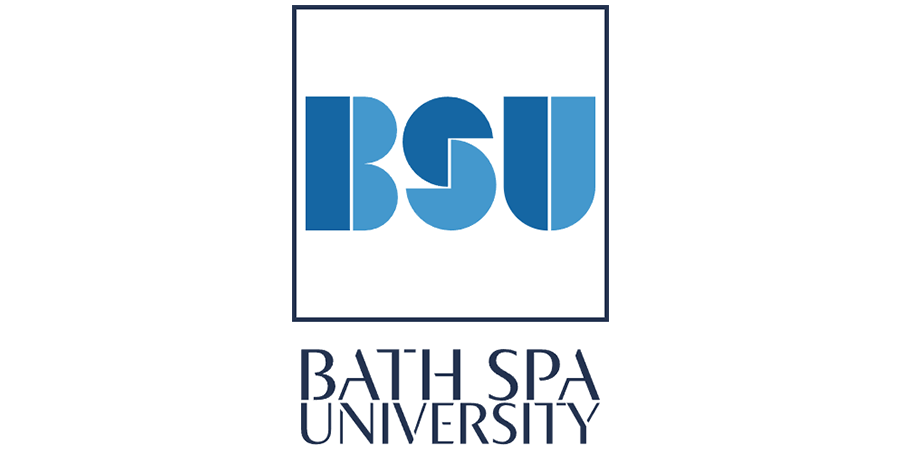PhD Studentship: Fully Funded Collaborative Doctoral Award: Developing Art-Based Interventions To Facilitate a Cross-Cultural Dialogue on Forced Migration Among Youth
Bath Spa University - Psychology
| Qualification Type: | PhD |
|---|---|
| Location: | Bath |
| Funding for: | UK Students, EU Students, International Students |
| Funding amount: | Fully funded at AHRC stipend rate |
| Hours: | Full Time |
| Placed On: | 13th December 2024 |
|---|---|
| Closes: | 20th January 2025 |
Interview: 19th February 2025
Start date: 1 October 2025
Supervisors:
- Dr Agata Vitale, Senior Lecturer in Clinical Psychology, Bath Spa University (a.vitale@bathspa.ac.uk)
- Dr Rebecca Georgis, Lecturer in Psychology and Education at the University of Exeter (r.georgis@exeter.ac.uk)
- Louise Champion, Head of Learning and Engagement at the Holburne Museum, Bath (l.campion@holburne.org)
Subject
This doctoral project explores the power of Art-Based Interventions (ABI) to facilitate a cross-cultural dialogue on forced migration among secondary school youth from refugee and non-refugee backgrounds.
This project involves a collaboration between the supervisory team, secondary schools in Bath, refugee youth, and the Holburne Museum. The Holburne will provide input in designing and hosting the ABI workshops, offer pop-up exhibitions based on outputs, and support youth to present their work to the public.
The project will be co-designed by the doctoral student and the supervisory team.
Research question:
How can participatory art-based interventions facilitate cross-cultural awareness and empathy on the effects of forced migration amongst youth?
Methods:
A Participatory Research Approach will be adopted to allow young people to play a key role in the research via a cycle of action – reflection. The young people will be involved in choosing and developing the ABI and disseminating the research outputs via exhibits and community engagement events.
The doctoral student will be mentored in developing and leading the ABI by drawing on art-based methodologies such as storytelling, photovoice, and handling object boxes.
Research context
Schools play a vital role in supporting refugee children’s adaptation and integration by providing opportunities for socialization with host culture peers and preventing loneliness and isolation upon resettlement. However, refugee children often report exclusion, discrimination, and bullying in schools. It is important to tackle negative attitudes towards refugees by developing activities to support cross-cultural communication between migrant and non-migrant children. ABIs can be used to promote belonging and to help young people understand the effects of forced migration.
Skills developed by student and employability enhancement
The student will have access to Bath Spa University and the University of Exter training opportunities and research centres.
BSU has excellent art facilities, the student can access these to receive hands-on training on ABI techniques that can be embedded in the project.
The HEI training will include researching refugees, ethics, cultural trauma, Participatory Research and Art-based Methodologies, qualitative methods, embedding Narrative Therapy techniques and principles in ABI, unconscious bias and mental health awareness training, developing interventions for youth, and doctoral training opportunities such as writing workshops and communicating research findings.
Non-HEI training will contribute to and enhance the student’s professional development to extend beyond academia and improve future career and employability. It will include developing outreach and youth engagement skills, curating and advertising community-based art exhibitions and events in museums, sharing research outcomes with non-academic audiences via public lectures and exhibitions.
Advert information
Type / Role:
Subject Area(s):
Location(s):









